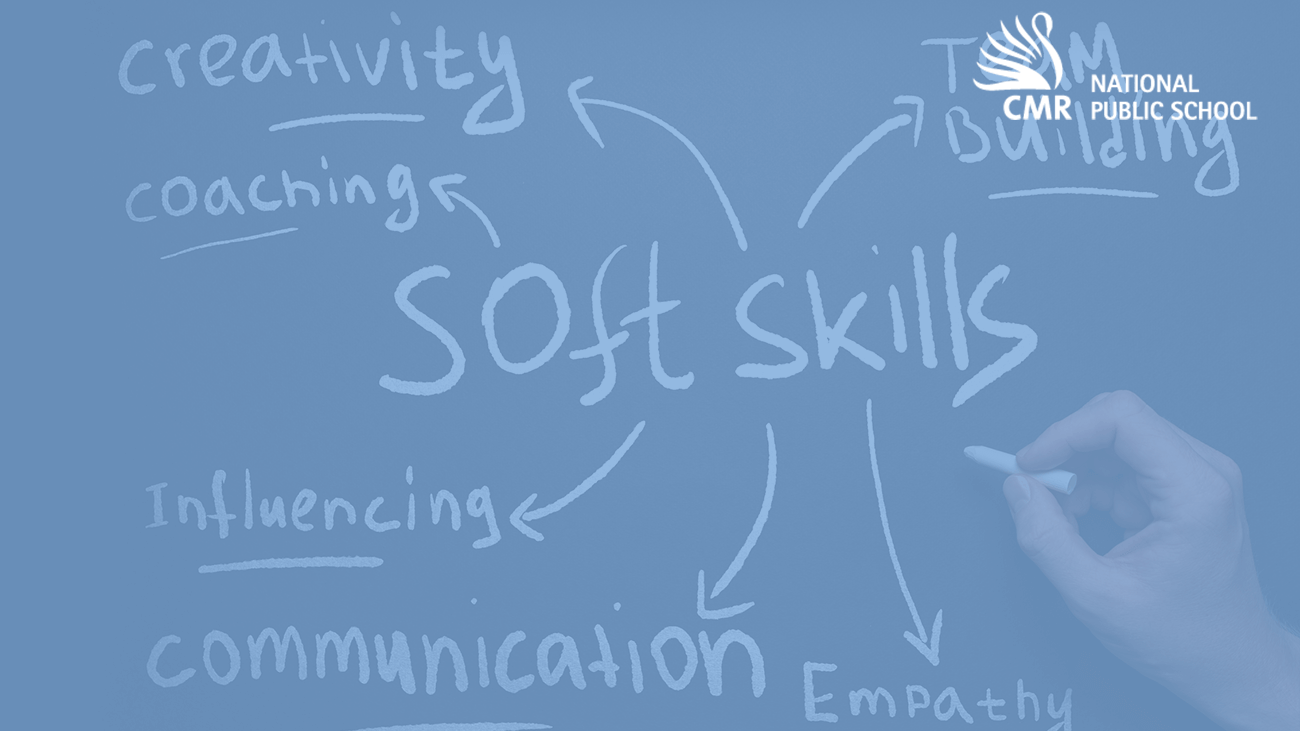Table of Contents
In today’s rapidly-moving world, patience is a virtue that frequently goes unnoticed. However, it is an essential skill that can benefit students in numerous ways. Teaching children patience is not only important for their personal growth but can also help them succeed academically and socially. In this blog post, we’ll explore the importance of patience for students and how to teach them this valuable skill.
Why is Patience Important for Students?
Improved Academic Performance:
Patience helps students to stay focused on their studies and to persevere through difficult tasks. Consequently, there may be an improvement in academic performance.
Reduced Stress:
Patience helps students to stay calm and composed even in stressful situations. This reduces their stress levels and helps them to cope with academic pressures.
Better Social Skills:
Patience is an important aspect of social interaction. By teaching children to be patient , they can learn to listen to others, understand different perspectives, and communicate effectively.
Improved Emotional Intelligence:
Patience is a key element of emotional intelligence. By learning to be patient, students can regulate their emotions and develop empathy for others.
How to Teach Kids Patience? 
Model Patience: Children learn best through observation. Therefore, it is important for parents and teachers to model patience in their own behavior.
Encourage Delayed Gratification: Encouraging children to wait for things they want can help them to develop patience. For example, instead of giving them immediate access to their favourite toy, you can make them wait for it.
Educate on Mindfulness: Mindfulness involves being fully engaged in the present moment. By teaching children to be mindful, they can learn to be patient and stay focused on the task at hand.
Use Positive Reinforcement: Praising children for their patience can help to reinforce this behavior. For example, you can acknowledge their efforts to wait patiently in line or to complete a difficult task.
Provide Opportunities for Practice: Patience is a skill that needs to be practiced regularly. Therefore, it is important to provide children with opportunities to practice patience in everyday situations.
Patience is an important skill that can benefit students in numerous ways. By teaching children to be patient, we can help them to improve their academic performance, reduce stress, develop better social skills, and improve their emotional intelligence. By modeling patience, encouraging delayed gratification, teaching mindfulness, using positive reinforcement, and providing opportunities for practice, we can help children to develop this valuable skill that will serve them well throughout their lives.


